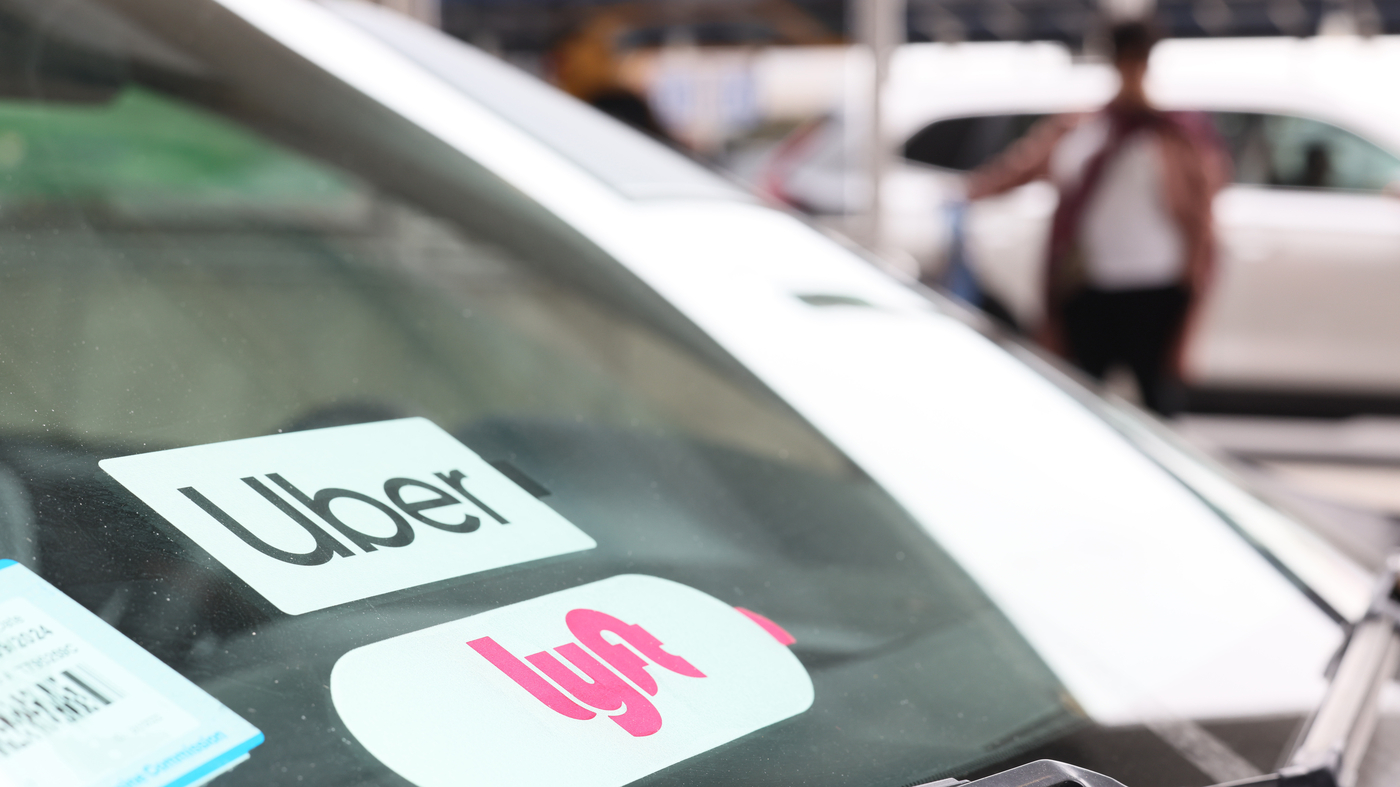Uber and Lyft to Cease Operations in Minneapolis Amid Controversy Over Rideshare Driver Pay
Uber and Lyft to Cease Operations in Minneapolis Amidst Wage Law
Uber Technologies Inc. and Lyft Inc. have made a startling announcement affecting Minneapolis. They have declared they will stop their operations in the city from May 1 onwards. This decision came after the City Council pushed forward a measure requiring rideshare drivers to be paid at least $15.57 per hour, overriding Mayor Jacob Frey’s veto. Both companies expressed disappointment and criticized the Council’s move, highlighting the impact on thousands of drivers and leaving many residents concerned about their transportation options.
The decision by Uber and Lyft has stirred up significant controversy among rideshare users and sparked debates about fair pay and working conditions for gig workers. Lyft, in particular, termed the ordinance as deeply flawed, signaling a hope for a potential return if a more favorable statewide solution is reached in Minnesota. This move follows protests by drivers demanding fair treatment, echoing a broader national conversation about gig worker rights and equitable compensation. The companies departure from Minneapolis also comes in the wake of substantial legal settlements with Uber agreeing to pay $290 million and Lyft $38 million to resolve investigations into wage theft, marking the largest settlement in the history of the New York Attorney General’s office.
READ ALSO: Federal Housing Aid Fails To Keep Pace – Soaring Rentals And Homelessness!
/cdn.vox-cdn.com/uploads/chorus_asset/file/23932655/acastro_STK106__01.jpg)
New Minimum Wage Law – Uber and Lyft Exit Minneapolis Due to 10,000 Job Losses: Companies Express Disappointment Over Council’s Decision (PHOTO: The Verge)
Minneapolis Faces Transportation Crisis as Uber and Lyft Depart Amidst Wage Dispute
The developments underscore the challenges facing the gig economy and highlight the tensions between rideshare companies, local governments and workers. With Uber and Lyft set to exit Minneapolis, residents are left grappling with uncertainties about transportation options while policymakers continue to grapple with finding a balance between regulation and innovation in this rapidly evolving sector. The repercussions of this decision are likely to resonate not just locally but also across the broader landscape of gig worker rights and the future of ridesharing services in urban centers.
READ ALSO: Employer-Supported Childcare Tax Credit: Lawmakers To Debate Its Future Benefits

















































